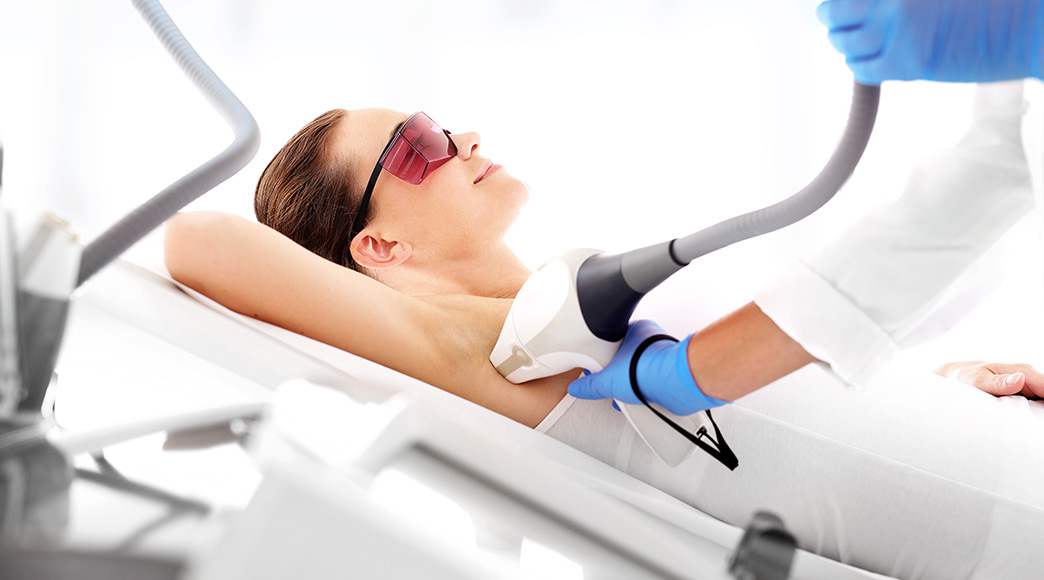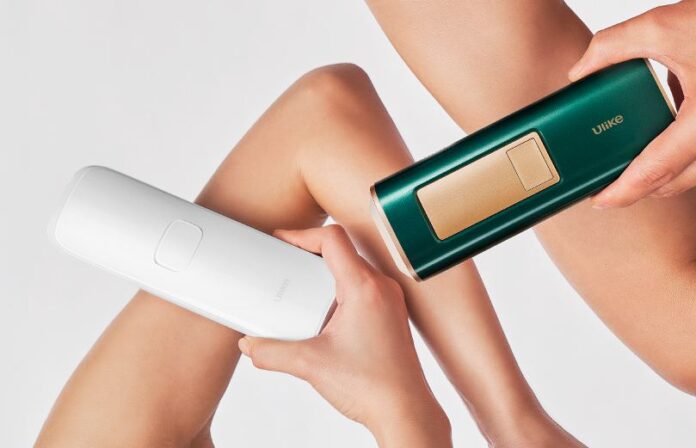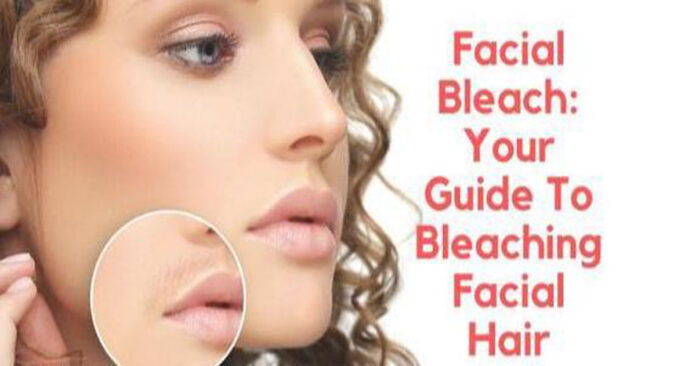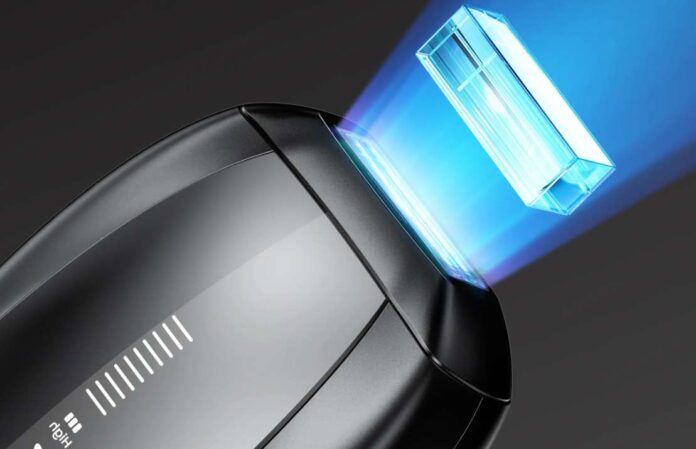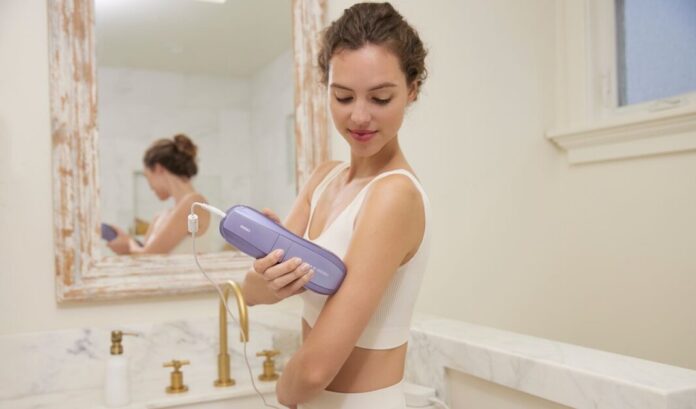Antibiotics are commonly used medications that can help you treat infections, acne, and even some chronic diseases. The use of antibiotics in chronic diseases and severe infections is often prolonged.
Prolonged usage means you are likely to be exposed to the side effects of these antimicrobials. Furthermore, you might just be planning your laser hair removal around the time of your antibiotic course.
So, did you come across a statement that “you should not get laser hair removal while you are on antibiotics” and do you wonder why? Well, we got you. Let us find out all about antibiotics and laser hair removal in this article.
Table of Contents
- Part 1: Do Antibiotics Affect Laser Hair Removal?
- Part 2: Timing and Antibiotic Usage:
- Part 3: What Medication Interferes with Laser Hair Removal?
- Part 4: Postponement of the Treatment and Alternative Options for Hair Removal
Part 1: Do Antibiotics Affect Laser Hair Removal?
 Most often women do not consider antibiotics as something peculiar and they forget to tell their laser hair removal surgeon that they are getting treatment for any infection.
Most often women do not consider antibiotics as something peculiar and they forget to tell their laser hair removal surgeon that they are getting treatment for any infection.
Consequently, they are not well-informed about the connection between laser hair removal and antibiotics. Similarly, even if the doctor tells women that they cannot get laser hair removal while on antibiotics, they wonder why and can antibiotics really affect laser hair removal.
Antibiotics affect laser hair removal and here is how.
Slow Healing
Your skin takes a week or two to heal after laser hair removal and prepare itself for the next session. Taking antibiotics while you are getting laser hair removal can slow down the healing process.
This is because most of the energy and nutrition your body has is being used in the treatment of the infection and your skin gets little to no supplements for healing.
Spread of Infection
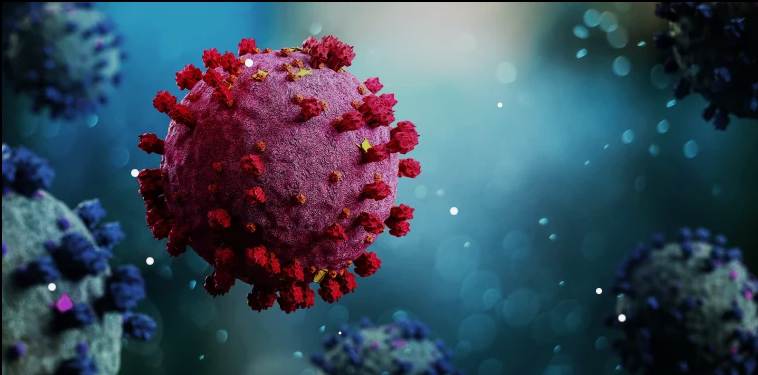 You are taking antibiotics because a certain organ of yours is infected and your immune defense is low, right? If you get laser hair removal under such circumstances, you might end up with a severe and systemic infection because of the spread of microbes from one part of the body to the other.
You are taking antibiotics because a certain organ of yours is infected and your immune defense is low, right? If you get laser hair removal under such circumstances, you might end up with a severe and systemic infection because of the spread of microbes from one part of the body to the other.
Reduced Effectiveness
First of all, your healing power is low, you have an infection, and antibiotics affect several physical mechanisms. All these factors can reduce the effectiveness of laser hair removal radiation on the hair follicles.
Therefore, you might need more treatment sessions than needed when you are in optimal health if you are using antibiotics.
Photosensitivity
One of the side effects of many antibiotics, especially tetracycline and doxycycline is photosensitivity. This photosensitivity not only causes immense pain when the rays from the laser touch your skin but can also result in skin burns and blisters.
Photoallergy
Antibiotics work as a part of the passive immune system in the body. It works to enhance your defense mechanism. Your body might sense light from the laser as foreign energy and react adversely to it causing a photoallergic reaction.
Additionally, lasers can cause molecular modifications in the body. This can make your organs hyperreactive to the antibiotics. Thus, it can be more severe and detrimental to health as compared to photosensitivity.
Also, check The Preparation and Recovery Tips for Clinic Laser Hair Removal.
Part 2: Timing and Antibiotic Usage
We hope that you are aware of the fact that laser hair removal is absolutely contraindicated if you are taking antibiotics. However, when can you start the treatment after completing the antibiotics course?
Well, you need to wait for at least 2 weeks before getting your first laser hair removal sessions after using antibiotics. This is because the maximum time that any antibiotics take to be excreted from your body is 14 days.
Furthermore, the ideal function of the kidneys, liver, and blood circulation along with the usage of low-dose or less potent antibiotics might allow laser hair removal sooner than 2 weeks.
So, always talk to your doctor in detail about your medication and health to find out when you can get laser hair removal treatment.
Part 3: What Medication Interferes with Laser Hair Removal?
In addition to antibiotics, there are several other drugs you must not be using if you are planning on laser hair removal. These drugs either weaken the immune mechanisms or enhance the photosensitivity of the skin.
Here is a list of such drugs,
Blood Thinners
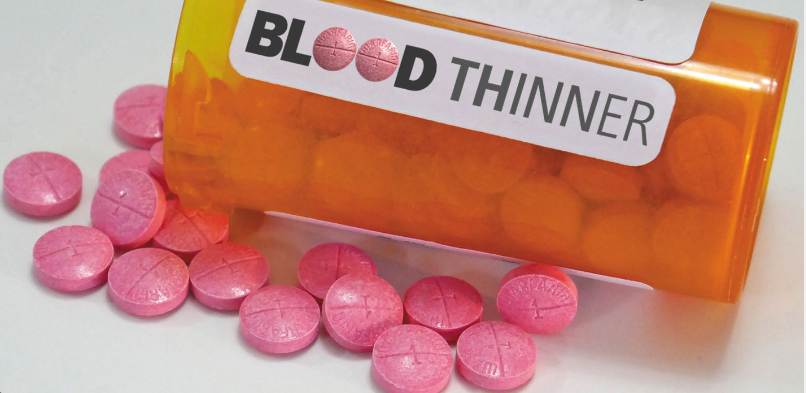 Our skin contains small and delicate blood vessels with a liquid consistency of blood that does not spill on minor trauma. However, blood thinners like aspirin can reduce the consistency of the blood and make it more prone to spilling and causing bruising when you get laser hair removal.
Our skin contains small and delicate blood vessels with a liquid consistency of blood that does not spill on minor trauma. However, blood thinners like aspirin can reduce the consistency of the blood and make it more prone to spilling and causing bruising when you get laser hair removal.
Accutane
Accutane, also called isotretinoin, is a very potent form of retinol with a side effect of phototoxicity. While it is used efficiently for stubborn acne, it is better to stop using it for at least 6 months before laser hair removal.
Certain Dietary Supplements
Dietary supplements including vitamin A, vitamin E, and omega-3 fatty acids make the skin delicate and blood vessels prone to injury. Thus, they should also be avoided for at least 2 weeks before the laser.
Retin A
Retin A not only calms the acne on the skin but also exfoliates the skin. Skin exfoliation before laser hair removal and shedding of hair after it can damage the skin.
Anti-Inflammatory Drugs
 Anti-inflammatory drugs modify the immune mediators in the body and increase the risk of side effects. So, they should be avoided as well.
Anti-inflammatory drugs modify the immune mediators in the body and increase the risk of side effects. So, they should be avoided as well.
Herbal Medication
Some herbal medications used in the treatment of depression and other mental disorders are also not compatible with laser hair removal. These include St. John Wort and Ginkgo Biloba.
Anti-Acne Medication
Mostly, anti-acne medications include anti-inflammatories, vitamin A derivatives, and antibiotics. All of these must not be taken while you want to have laser hair removal.
Part 4: Postponement of the Treatment and Alternative Options for Hair Removal
As you have to postpone laser hair removal during your antibiotic treatment and 2 weeks after it, here are some hair removal methods that you can use instead.
Shaving
 Shaving creams and razors only work on the superficial layers of the skin without affecting blood vessels, the immune system, or the internal organs of the body. Thus, you can shave while you are on laser hair removal. Also, check the 8 Best Razors for Sensitive Skin for Men & Women.
Shaving creams and razors only work on the superficial layers of the skin without affecting blood vessels, the immune system, or the internal organs of the body. Thus, you can shave while you are on laser hair removal. Also, check the 8 Best Razors for Sensitive Skin for Men & Women.
Hair Removal Creams
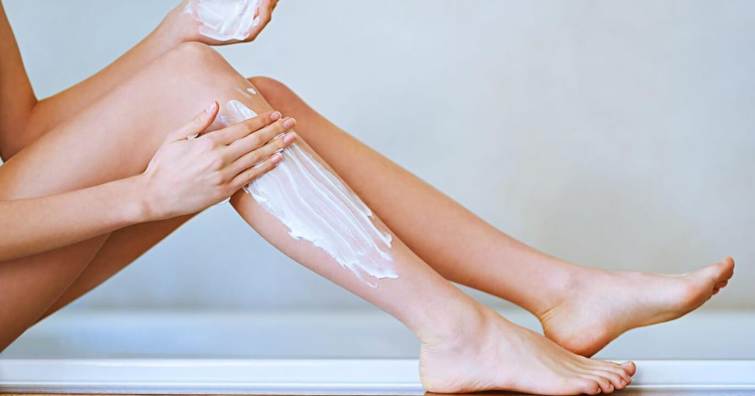 Hair removal creams are also compatible to be used along with antibiotics. These are gentle and almost harmless when it comes to their interaction with antibiotics. You can find the 10 Best Hair Removal Creams for Different Areas of the Body here.
Hair removal creams are also compatible to be used along with antibiotics. These are gentle and almost harmless when it comes to their interaction with antibiotics. You can find the 10 Best Hair Removal Creams for Different Areas of the Body here.
Note:
While you might be considering waxing to get rid of unwanted hair, let us tell you that waxing also exfoliates the skin and makes its photosensitivity. The photosensitivity caused by antibiotics in addition to that of waxing is not safe for the skin.
Conclusion
Laser hair removal might be your one-in-a-lifetime chance that you would not want to mess up. Using antibiotics while getting laser hair removal can reduce its effects, prolong the treatment time, and damage the skin.
Thus, it is recommended to avoid laser hair removal until 2 weeks after the completion of your antibiotics course. Furthermore, always have a clear conversation with your doctor about your medications and other health conditions.
You should also follow the advice of the dermatologist or laser surgeon to get the best results and protect your skin from any side effects.

 By Laura
By Laura
 Updated: March 12, 2024
Updated: March 12, 2024
 6 minutes
6 minutes








